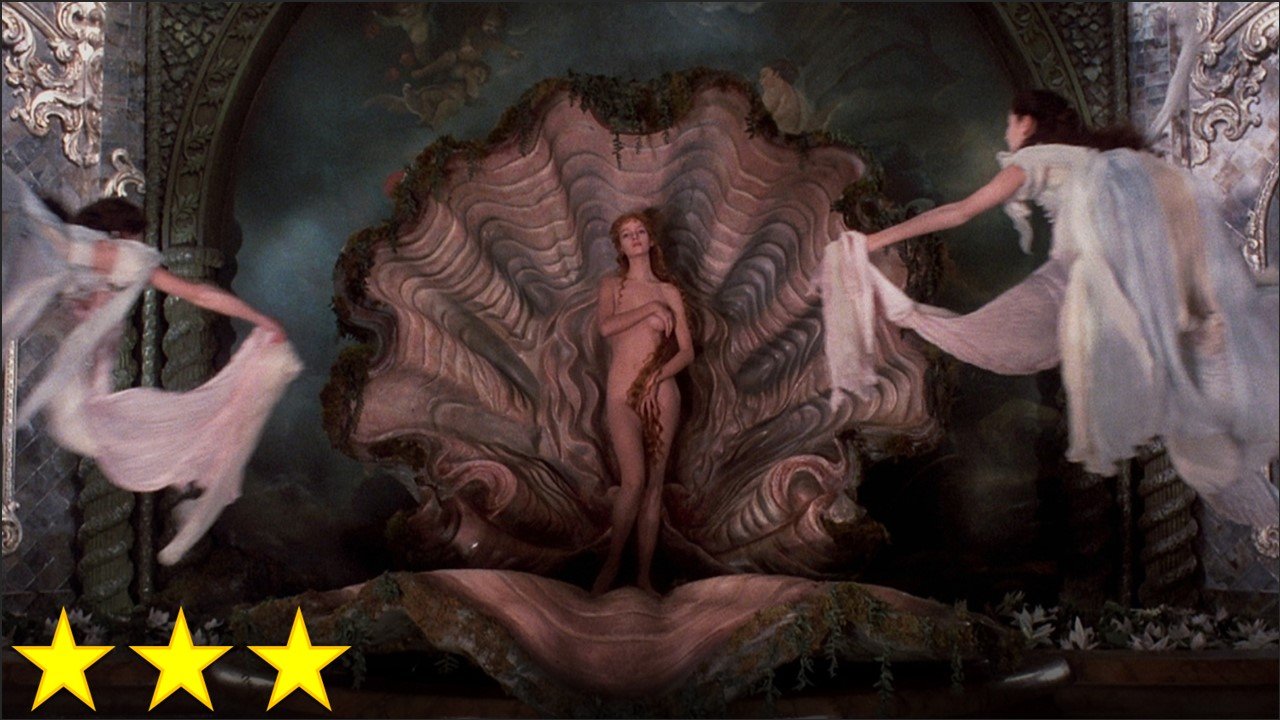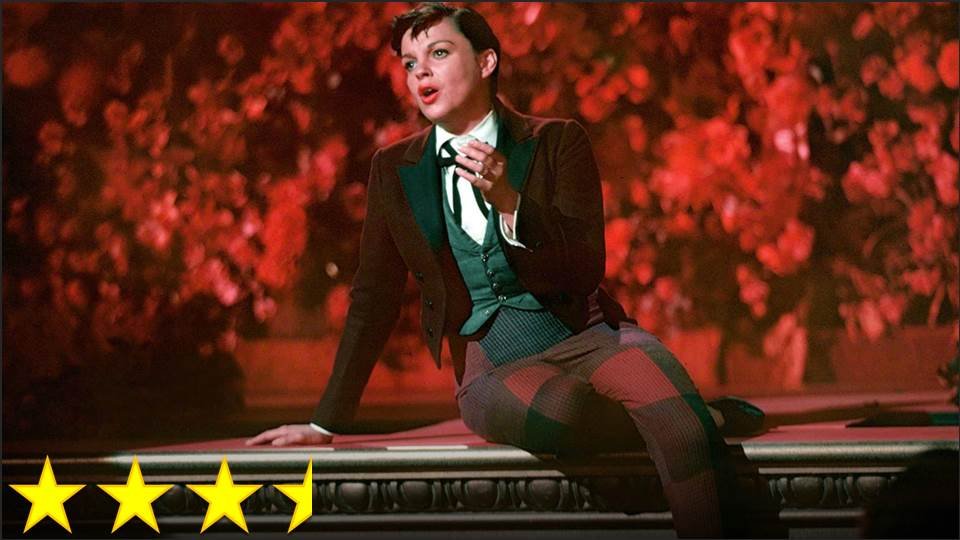Every now and again, I’m quite surprised which members of my family decide to sit down by the TV and join me in watching a movie that I wouldn’t think is his/her kind of thing. This happened most recently when I was spending a weekend at my parents’ house and I put Sunset Boulevard on the big screen. This is a dark, dramatic satire of Hollywood mixed with Gothic chills and romantic comedy from 1950, yet my 12-year-old sister decided to watch it with me. What made this so special is that Sunset Boulevard happens to be not only a great film by one of my favorite directors, but also a very useful teaching tool.
The first reason why this film is helpful for learning about film history is that it concerns icons of silent cinema, so it re-introduces its viewers to the era with a focus on Cecil B. DeMille, cameos by actors from the time, and an impression of Charlie Chaplin (a very good one, I might add). Oddly, this actually makes it a very good example of 1950s cinema as well. The films of the 1950s generally seem to show an awareness of the fact that Hollywood was in a state of crisis as its studio system was falling apart and its Code was weakening, and this film, much like 1952’s Singin’ in the Rain, parallels this with the crisis actors from the silent era faced when they had to learn how to succeed in the sound era. This film, then, offers the flip side to Singin’ in the Rain, showing how tragic it was for the stars (like Lena) who couldn’t keep shining through the 1930s. The one thing that makes this a poor example of 1950s film is that it can be seen as a film noir (a relatively small genre) due to its uncommon traits and tropes – voice-over narration explaining the story of how a man died, chilling exploration of the psychology of madness, a narrative about choosing between the good girl and the intimidating woman, deep, jagged shadows and wild chiaroscuro lighting, and general sense that everything is spiraling down towards a gloomy, unsettling end.
Best of all, Sunset Boulevard is a good example of a great film. This is Billy Wilder at his best, bringing together a great cast and working through serious psychological subjects with a a healthy dose of comedy. The script is smart, carefully setting up its rather forced story in a way that somehow still feels natural and giving nearly every significant character some wonderful, clever dialogue. Gloria Swanson, of course, steals the show as Norma Desmond – I could taste the scenery she was chewing – and the performance she gives is surely one of the finest (and one of the most over-the-top) in all of cinema’s history. The film is made that much better by its stunning visuals, which could have simply been there for the heck of it, but Wilder puts them to good use aiding the story, defining the characters, and saturating the drama. The film that results may be rather slow and boring at times, but it is still one of the best introductions to Classical Hollywood cinema I know, and I hope to watch it with the rest of my family someday. If Norma Desmond ever needed proof that the pictures didn’t get small, this is it.





